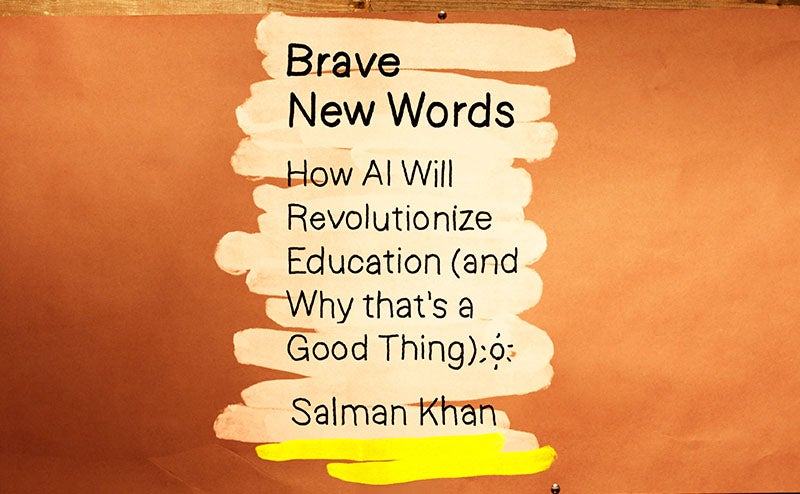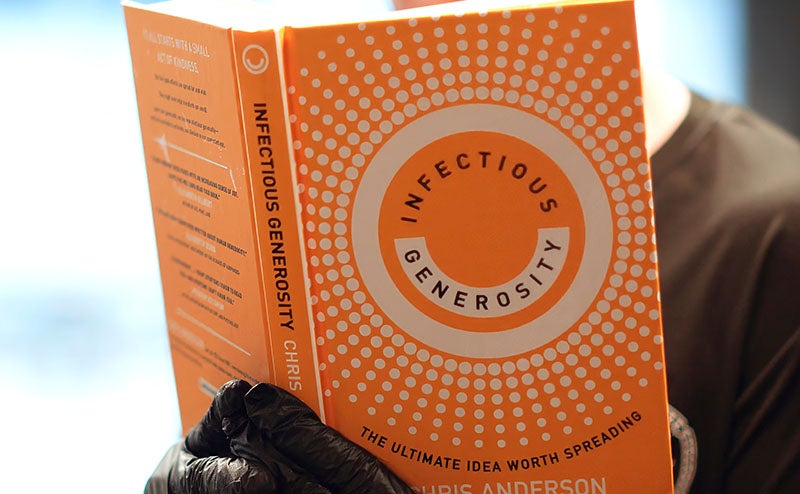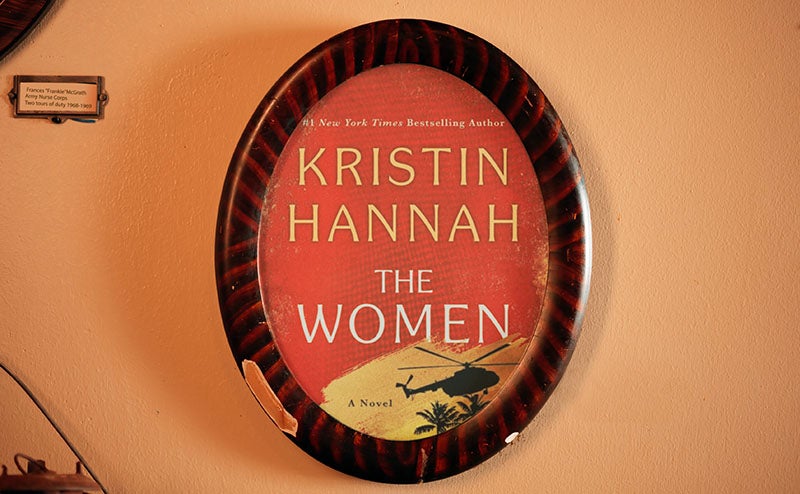Health workers have an unusual tool for fighting disease that turns our old thinking about treatment on its head.
For years, I’ve been saying Steven Pinker’s The Better Angels of Our Nature was the best book I’d read in a decade. If I could recommend just one book for anyone to pick up, that was it. Pinker uses meticulous research to argue that we are living in the most peaceful time in human history. I’d never seen such a clear explanation of progress.
I’m going to stop talking up Better Angels so much, because Pinker has managed to top himself. His new book, Enlightenment Now, is even better.
Enlightenment Now takes the approach he uses in Better AngelsBetter Angels to track violence throughout history and applies it to 15 different measures of progress (like quality of life, knowledge, and safety). The result is a holistic picture of how and why the world is getting better. It’s like on steroids.
Pinker was generous enough to send me an early copy, even though Enlightenment Now won’t be released until the end of February. I read the book slowly since I loved it so much, but I think most people will find it a quick and accessible read. He manages to share a ton of information in a way that’s compelling, memorable, and easy to digest.
It opens with an argument in favor of returning to the ideals of the Enlightenment—an era when reason, science, and humanism were touted as the highest virtues. (Gates Notes Insiders can get a preview of this section of the book.)



I’m all for more reason, science, and humanism, but what I found most interesting were the 15 chapters exploring each measure of progress. Pinker is at his best when he analyzes historic trends and uses data to put the past into context. I was already familiar with a lot of the information he shares—especially about health and energy—but he understands each subject so deeply that he’s able to articulate his case in a way that feels fresh and new.
I love how he’s willing to dive deep into primary data sources and pull out unexpected signs of progress. I tend to point to things like dramatic reductions in poverty and childhood deaths, because I think they’re such a good measure of how we’re doing as a society. Pinker covers those areas, but he also looks at more obscure topics.
Here are five of my favorite facts from the book that show how the world is improving:
- You’re 37 times less likely to be killed by a bolt of lightning than you were at the turn of the century—and that’s not because there are fewer thunderstorms today. It’s because we have better weather prediction capabilities, improved safety education, and more people living in cities.
- Time spent doing laundry fell from 11.5 hours a week in 1920 to an hour and a half in 2014. This might sound trivial in the grand scheme of progress. But the rise of the washing machine has improved quality of life by freeing up time for people—mostly women—to enjoy other pursuits. That time represents nearly half a day every week that could be used for everything from binge-watching Ozark or reading a book to starting a new business.
- You’re way less likely to die on the job. Every year, 5,000 people die from occupational accidents in the U.S. But in 1929—when our population was less than two-fifths the size it is today—20,000 people died on the job. People back then viewed deadly workplace accidents as part of the cost of doing business. Today, we know better, and we’ve engineered ways to build things without putting nearly as many lives at risk.
- The global average IQ score is rising by about 3 IQ points every decade. Kids’ brains are developing more fully thanks to improved nutrition and a cleaner environment. Pinker also credits more analytical thinking in and out of the classroom. Think about how many symbols you interpret every time you check your phone’s home screen or look at a subway map. Our world today encourages abstract thought from a young age, and it’s making us smarter.
- War is illegal. This idea seems obvious. But before the creation of the United Nations in 1945, no institution had the power to stop countries from going to war with each other. Although there have been some exceptions, the threat of international sanctions and intervention has proven to be an effective deterrent to wars between nations.
Pinker also tackles the disconnect between actual progress and the perception of progress—something I’ve spent a lot of time thinking about. People all over the world are living longer, healthier, and happier lives, so why do so many think things are getting worse? Why do we gloss over positive news stories and fixate on the negative ones? He does a good job explaining why we’re drawn to pessimism and how that instinct influences our approach to the world, although I wish he went more in depth about the psychology (especially since he’s a psychologist by training). The late Hans Rosling explains this more fully in his excellent new book Factfulness, which I plan to review soon.
I agree with Pinker on most areas, but I think he’s a bit too optimistic about artificial intelligence. He’s quick to dismiss the idea of robots overthrowing their human creators. While I don’t think we’re in danger of a Terminator-style scenario, the question underlying that fear—who exactly controls the robots?—is a valid one. We’re not there yet, but at some point, who has AI and who controls it will be an important issue for global institutions to address.
The big questions surrounding automation are proof that progress can be a messy, sticky thing—but that doesn’t mean we’re headed in the wrong direction. At the end of Enlightenment Now, Pinker argues that “we will never have a perfect world, and it would be dangerous to seek one. But there is no limit to the betterments we can attain if we continue to apply knowledge to enhance human flourishing."
The world is getting better, even if it doesn’t always feel that way. I’m glad we have brilliant thinkers like Steven Pinker to help us see the big picture. Enlightenment Now is not only the best book Pinker’s ever written. It’s my new favorite book of all time.





